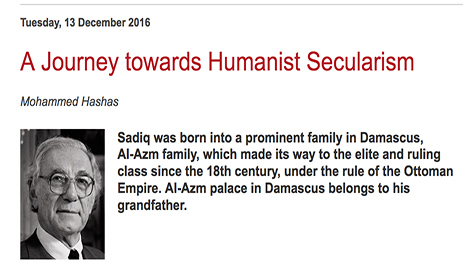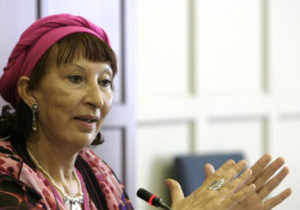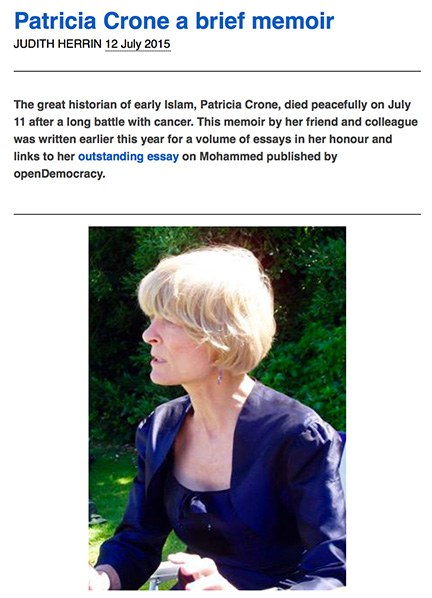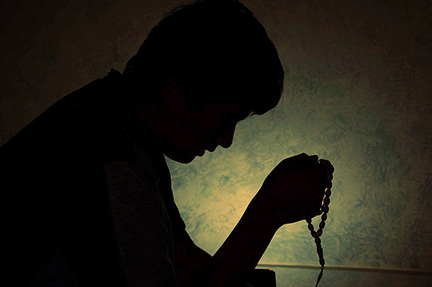Pierre Cachia 1921-2017
Pierre Cachia slipped away peacefully on 1st April, a few days shy of his 96
th birthday, surrounded by his children and grandchildren. With the passing
of this key architect of Arabic studies who made modern Arabic literature a
serious academic subject in both the UK and US, those of us who have
studied and worked with him will not only mourn the loss of a friend,
teacher, and mentor, but also the irretrievable era in which a first
generation of post-War American and European Arabists and Orientalists made
tremendous strides in fashioning academic studies of modern Arabic
literature into what it is today: grounded in native fluency of the Arabic
language, informed by real experiences lived in close proximity with Arab
writers and storytellers, and took seriously the concerns and priorities of
Arab scholars, critics and intellectuals.
Born in Faiyum (Fayyum) on 30 April 1921 to Maltese father and Russian
mother, Pierre grew up in Upper Egypt. He successively attended French,
Italian, Egyptian and American schools before he enrolled at the American
University in Cairo, where he earned his BA degree. After war service with
the British 8th Army in North Africa, Italy and Austria, he moved to
Scotland. He received his doctorate at the University of Edinburgh in 1951
and joined its Faculty. He was appointed Professor of Arabic Language and
Literature at Columbia University in 1975 and would remain there until he
retired in 1991. However, he continued to teach and write, and in fact he
published many of his important works after retirement. He wrote scholarly
articles and books on a variety of subjects, translated classical and
modern literary and critical works, and published other scholars in *Journal
of Arabic Literature*, which he co-founded and on whose editorial board he
served for many years.
Continue reading Pierre Cachia 1921-2017






